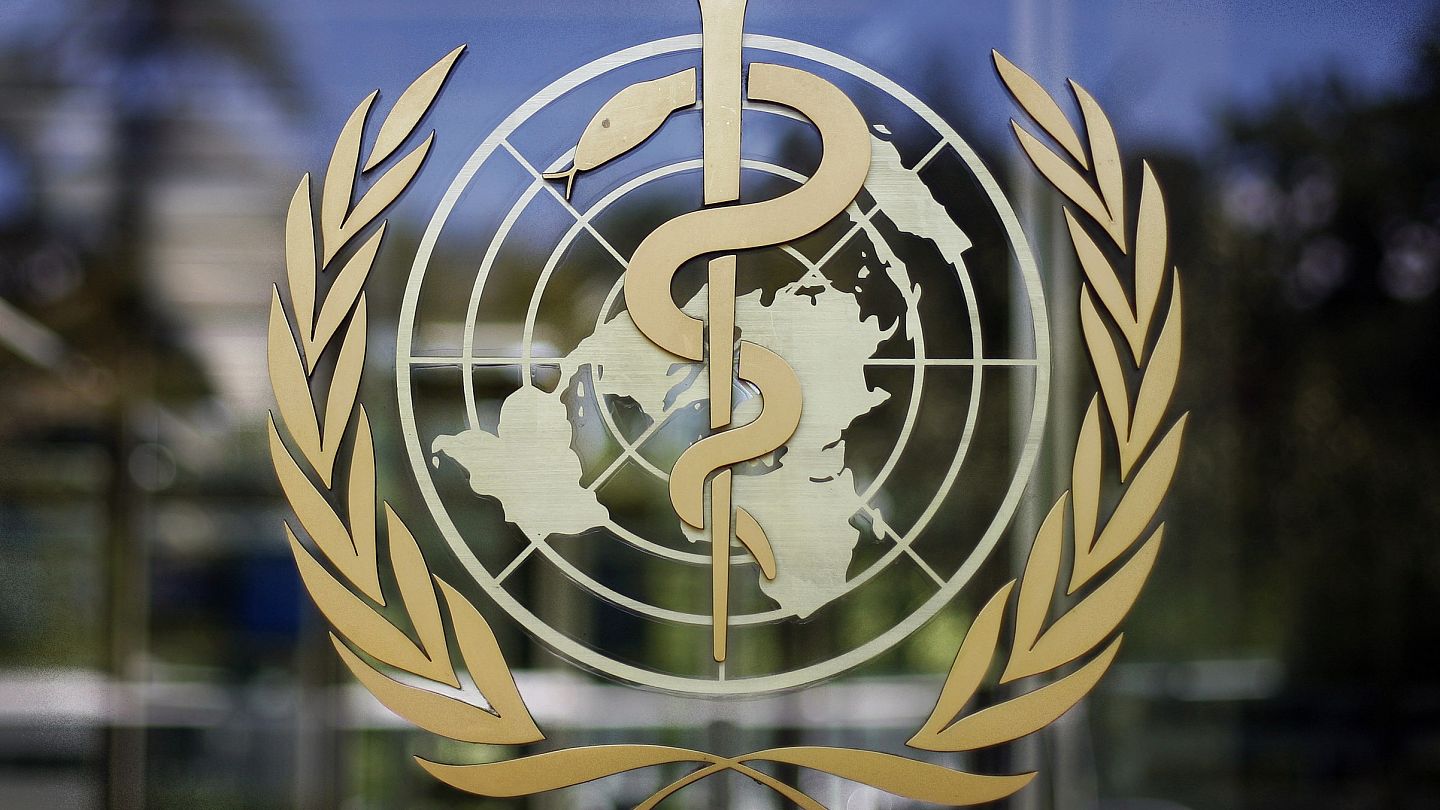The World Health Organization (WHO) announced on Friday that global life expectancy has decreased by nearly two years due to the Covid-19 pandemic, falling from its previous level to 71.4 years—the same as in 2012. The pandemic, which raged from 2019 to 2021, reversed a decade of progress in life expectancy and healthy life expectancy at birth. This significant drop highlights the severe impact of Covid-19 on global health and longevity trends, according to the WHO’s annual World Health Statistics study.
Decline in Healthy Life Expectancy
The study also reported that the average time a person can expect to live in good health fell by 1.5 years, reaching 61.9 years in 2021, which is also the same level as in 2012. This emphasizes the broader impact of the pandemic not only on overall longevity but also on the quality of life.

WHO’s Comparative Regional Impact
The findings of the WHO study indicate an even more severe impact than previously reported. A study published by The Lancet in January estimated that average life expectancy fell by 1.6 years during the pandemic. The Lancet researchers noted that Covid-19 had a “more profound impact” on life expectancy than any other event over the past half-century. They estimated that Covid-19 caused 15.9 million excess deaths during 2020-2021, either directly from the virus or from pandemic-related disruptions to health systems.
However, the decline in life expectancy was not uniform across the globe. The Americas and Southeast Asia were the worst-hit regions, with life expectancy falling by about three years, the WHO study revealed.
Disparities in Health Systems
The disparate impact on different regions underscores significant inequalities in health systems globally. Countries with robust healthcare infrastructures and effective pandemic response strategies fared better, while those with weaker systems experienced more severe declines in life expectancy. This disparity highlights the urgent need for investment in healthcare systems, particularly in low- and middle-income countries, to build resilience against future health crises.
Global Health Security and Future Preparedness
WHO Director-General Tedros Adhanom Ghebreyesus emphasized the importance of the global pandemic security accord currently being negotiated in Geneva. He stated that the figures highlight the need to strengthen global health security, protect long-term investments in health, and promote equity within and between countries. Ghebreyesus called for a comprehensive approach to pandemic preparedness, including better surveillance systems, stronger healthcare infrastructure, and more equitable access to vaccines and treatments.
